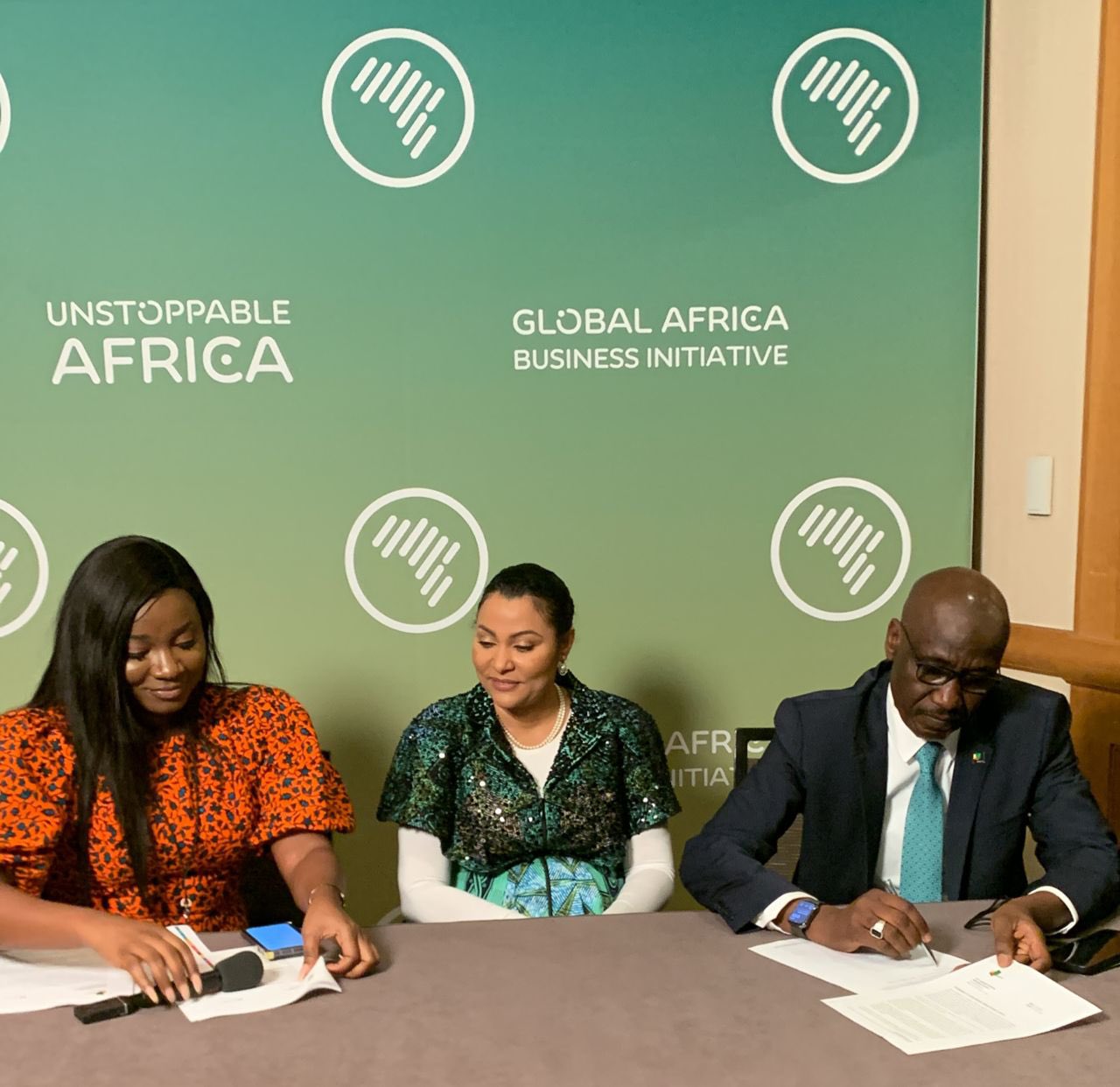Three years after emerging as a supporting company of the global Extractive Industries Transparency Initiative (EITI), the Nigerian National Petroleum Company (NNPC) Limited on Thursday in New York signed up to the United Nations Global Compact as the first state-owned oil company to join the global initiative.
The EITI, which is the global organisation promoting transparency and accountability in the extractive industry, accepted the NNPCL in September 2021 as a supporting company after its declared commitment to openness, transparency and accountability in its operations.
On Thursday, during the Global Africa Business Initiative (GABI) at the ongoing United Nations General Assembly (UNGA) in New York, the Group Chief Executive Officer (GCEO) of NNPCL, Mele Kyari,,signed the Letter of Commitment to confirm NNPCL’s resolve to participate in the UN Global Compact.
Shortly after signing the commitment letter, Kyari said as a dynamic global energy company with businesses and operations across the entire spectrum of the energy value chain, the NNPCL’s decision to participate in the UN Global Compact was a further testimony to Nigeria’s commitment to work with global partners towards attaining a just Energy Transition.
The GCEO said with this development, NNPCL has reaffirmed its support fr the Ten Principles of the United Nations Global Compact on human rights, labour, environment, and anti-corruption.
“We are committed to making the UN Global Compact and its principles part of our strategy, culture and day-to-day operations of our Company, and to engage in collaborative projects which advance the broader development of goals of the United Nations, particularly the Sustainable Development Goals (SDGs),” Kyari said.
Earlier in her remarks shortly after signing on behalf of the UN Global Compact, the Executive Director, UN Global Compact Network Nigeria, Naomi Nwokolo, described the NNPCL’s move to become a participant of the UN Global Compact as a pivotal step in fostering a culture of ethical business conduct, environmental stewardship, and social responsibility.
“With Nigeria as one of the largest producers of crude oil in Africa, a transition from an energy system driven by fossil fuels to one based on renewable energy will have far reaching positive impact, serving as a catalyst for sustainability in-country, on the continent and the world at large”, Nwokolo said.
The UN Global Compact, formally launched in July 2000, is a voluntary UN agreement designed to encourage companies around the world to develop, implement, and disclose responsible and sustainable corporate policies and practices.



